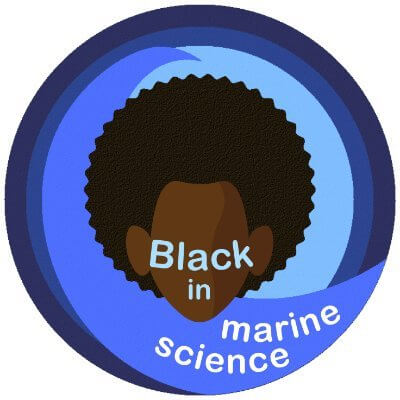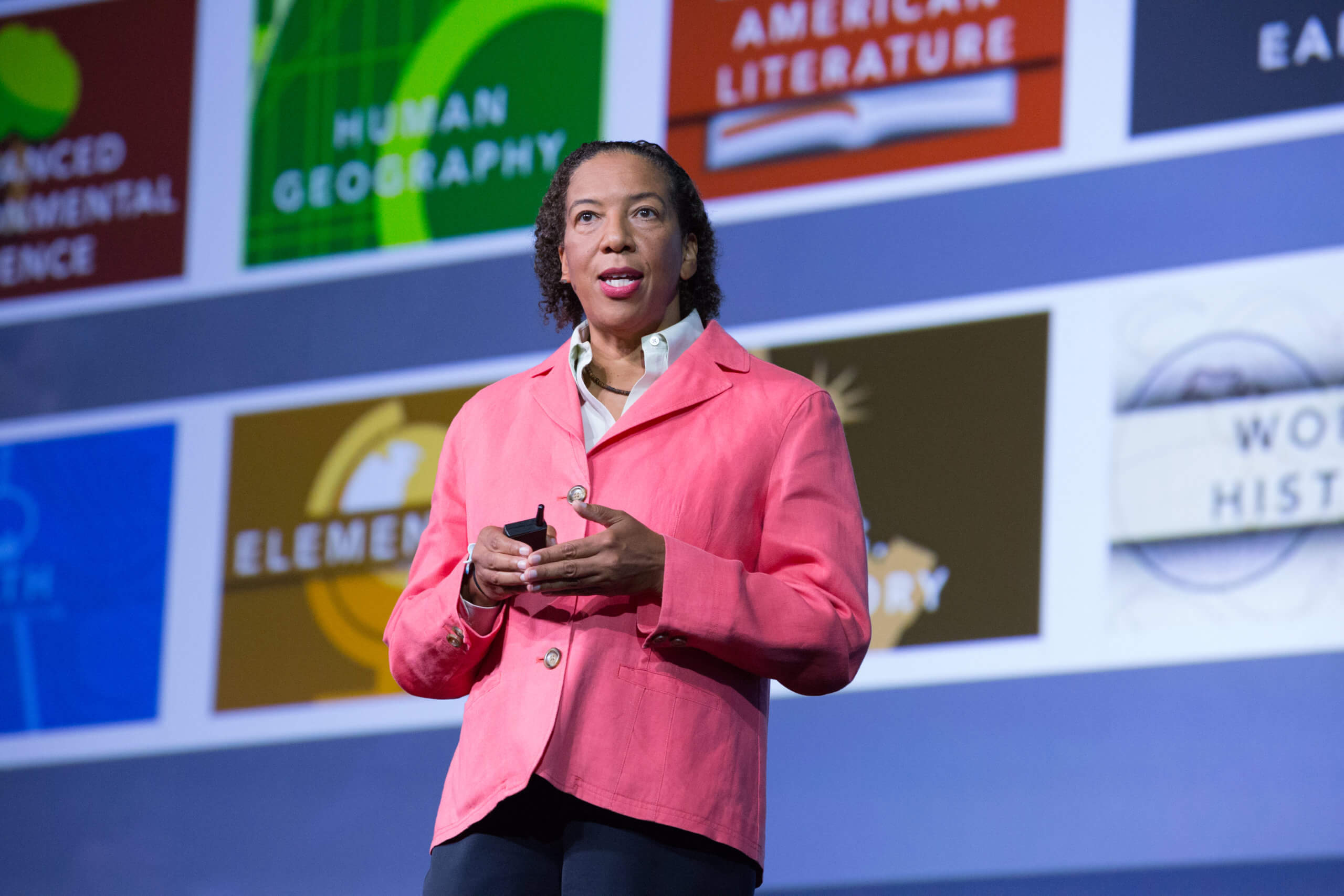Shanice Bailey is a third-year graduate student at Columbia University’s Lamont-Doherty Earth Observatory in the Ocean Transport Group, where she studies Antarctic bottom water, the deepest and oldest water mass in the world. Shanice also is collaborating with others to develop an afterschool curriculum for high school students that teaches them how to code using oceanography (if you’re interested, learn more here), and is a mentor for a high school student and a middle school student through the National Society of Black Physicists and the Harlem Gallery of Science.
We’re thrilled to be featuring Shanice and her science communication and engagement work during the 2020 #BlackinMarineScienceWeek!
What inspired you to want to share your work with others?
I just naturally gravitate toward science, and earth science is a perfect marriage of math and the other sciences. And through earth science I want to ultimately be able to tell kids who look like me, you can do this!
Growing up, I loved being in nature, but outdoor activities always seemed like a “white people thing”. I’ve been in predominantly white schools since elementary school, and I always felt out of place. Math and chemistry were my worst subjects back then.
We idolize academics so much in our society, but you don’t have to be a genius to be one. Anyone can be a scientist if you’re just curious and can follow a logical way of thinking. It’s not something that should be closed off to anyone. I got into Columbia for grad school; you can too!
And I want everyone to know this – I didn’t know it until my last year of college – you can get paid to be a grad student. There are so many possibilities and you don’t have to be ashamed of taking advantage of them.
Tell me about your project.
This fall, me and a few of my colleagues are developing an afterschool curriculum to teach local NYC high school kids how to code. We are teaching through the scope of oceanography because that’s what we know best. It’ll pilot in the spring, and we’re reaching out to schools right now to develop partnerships. It’s all online, so we need to make sure the students have access to decent wifi and a computer.
Oceanography is not what typically comes to mind when you’re thinking of coders. We’re not working in a dark basement with 1s and 0s flowing out of the screen; we’re taking data from the real world and computer models, and using code all in an effort to make sense of our natural world. Learning code is like learning another language, and it’s a useful skill that young students can use for a lot of different future jobs, science-related or not.
Those of us involved in developing this program have all had some not great experiences while learning how to code, like having a TA who doesn’t get why you don’t get it, or a professor who doesn’t remember what it’s like to look at syntax for the first time. We want to help our students dip their toes in, and hopefully not intimidate them too much.
What would you say to others who are thinking about engaging with students?
Science outreach has been done before, so try to contact someone who’s done it already. You don’t have to reinvent the wheel but you can refine the concept. Find someone you know who can point you in the right direction.
Developing this curriculum – we’d never done something like this – a couple of the many questions we had were, “are we putting too much content into it? Is 1.5 hours too long for an after school session?”. We have a mentor of our own with a lot of outreach experience who’s been essential in helping us develop a realistic and effective curriculum. If you’re interested and don’t know where to start, ask around to see if you know anyone who’s done something similar. You can save yourself a lot of time.
For people who are interested in mentoring – do it! Physicist, mathematician, earth scientist – those are heavy titles. I’ve been both a mentor and a mentee. My experience of being mentored is that it really helps with knocking down that idolization of scientists. Normalize yourself for your mentee and expand their perception of who can be a scientist. If you’re talking to them like they’re your equal, it’ll help them realize that scientists are regular people and that this unattainable, coveted position is attainable. And that scientists spill coffee on themselves too.


